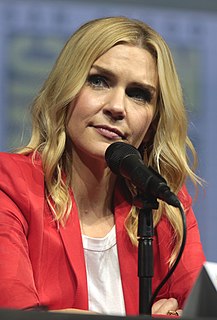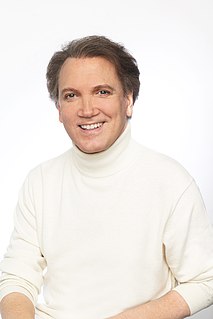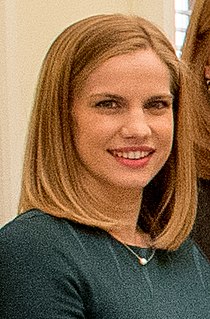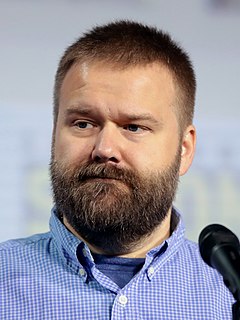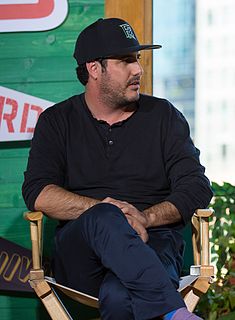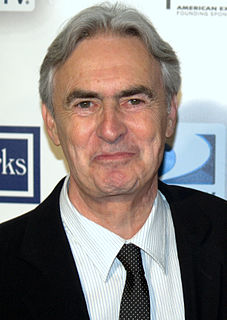A Quote by Woody Allen
With films, I just scribble a couple of notes for a scene. You don't have to do any writing at all, you just have your notes for the scene, which are written with the actors and the camera in mind. The actual script is a necessity for casting and budgeting, but the end product often doesn't bear much resemblance to the script--at least in my case.
Related Quotes
I don't think that any scene [in Pineapple Express] is word for word how you'd find it in the script. Some of it was much more loose than others. The last scene with me, Danny [McBride] and James [Franko] in the diner - there was never even a script for that scene. Usually we write something, but for that scene we literally wrote nothing.
I took many notes, more than usual before I sat down and wrote Act One, Scene One. I had perhaps eighty pages of notes. . . . I was so prepared that the script seemed inevitable. It was almost all there. I could almost collate it from my notes. The story line, the rather tenuous plot we have, seemed to work out itself. It was a very helpful way to write, and it wasn't so scary. I wasn't starting with a completely blank page.
Certain movies like 'Wag The Dog,' we used improv on every scene that we did. Pretty much, we would shoot from the script and then some stuff that we came up with in rehearsal, and then we'd have at least one or two takes where we completely went off the script and just flew by the seat of our pants.
When you write comic books and when you are writing for television, you're not writing the end product, you are writing notes for someone else to make the end product essentially. My scripts are just directions for the artist to draw pages and the pages are what is seen. I kind of feel like it's a safety net, you're able to hide behind the art to a certain extent, and in television you're able to hide behind the actors and the production, but with novels, your words are it
I came in rather late in the casting process of Reaper. I believe they had all the other roles cast. They were having trouble finding the devil. They had seen almost 100 actors for the role. I got the script and I liked it - it was clever and witty and very, very funny, and a nice, fresh take on an old story. I went in and did a scene for the producers, the kitchen scene from the pilot where I'm cooking a chicken-fried steak. At the end of it, they all had a smile on their face, and they realized they had found their devil.
The script is a starting point, not a fixed highway. I must look through the camera to see if what I've written on the page is right or not. In the script, you describe imagined scenes, but it's all suspended in mid-air. Often, an actor viewed against a wall or a landscape, or seen through a window, is much more eloquent than the lines you've given him. So then you take out the lines. This happens often to me and I end up saying what I want with a movement or a gesture.
have a much harder time writing stories than novels. I need the expansiveness of a novel and the propulsive energy it provides. When I think about scene - and when I teach scene writing - I'm thinking about questions. What questions are raised by a scene? What questions are answered? What questions persist from scene to scene to scene?



